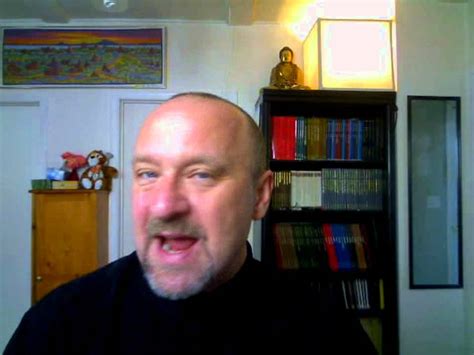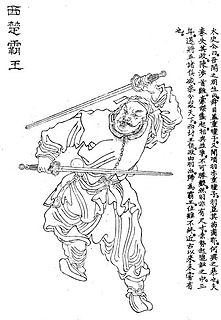A Quote by Norman Cousins
Although a man may have no jurisdiction over the fact of his existence, he can hold supreme command over the meaning of existence for him.
Related Quotes
Upon this law, depend the natural rights of mankind, the supreme being gave existence to man, together with the means of preserving and beatifying that existence. He endowed him with rational faculties, by the help of which, to discern and pursue such things, as were consistent with his duty and interest, and invested him with an inviolable right to personal liberty, and personal safety.
The individual man, in introspecting the fact of his own consciousness, also discovers the primordial natural fact of his freedom: his freedom to choose, his freedom to use or not use his reason about any given subject. In short, the natural fact of his "free will." He also discovers the natural fact of his mind's command over his body and its actions: that is, of his natural ownership over his self.
Locke had illegitimately selected those parts of man he needed for his social contract and suppressed all the rest, a theoretically unsatisfactory procedure and a practically costly one. The bourgeois is the measure of the price paid, he who most of all cannot afford to look to his real self, who denies the existence of the thinly boarded-over basement in him, who is most made over for the purposes of a society that does not even promise him perfection or salvation but merely buys him off.
If we have dwelled on Godel's work at some length, is it because we see it in the mathematical analogy of what we would call the the ultimate paradox of man's existence. Man is ultimately subject and object of his quest. While the question whether the mind can be considered to be anything like a formalized system, as defined in the preceding paragraph, is probably unanswerable, his quest for an understanding of the meaning of his existence is an attempt at formalization.
The notion of ambiguity must not be confused with that of absurdity. To declare that existence is absurd is to deny that it can ever be given a meaning; to say that it is ambiguous is to assert that its meaning is never fixed, that it must be constantly won. Absurdity challenges every ethics; but also the finished rationalization of the real would leave no room for ethics; it is because man's condition is ambiguous that he seeks, through failure and outrageousness, to save his existence.
A myth is a way of making sense in a senseless world. Myths are narrative patterns that give significance to our existence. Whether the meaning of existence is only what we put into life by our own individual fortitude, as Sartre would hold, or whether there is a meaning we need to discover, as Kierkegaard would state, the result is the same: myths are our way of finding this meaning and significance.
Never do I argue with a man with a desire to hear him say what is wrong, or to expose him and win victory over him. Whenever I face an opponent in debate I silently pray - O Lord, help him so that truth may flow from his heart and on his tongue, and so that if truth is on my side, he may follow me; and if truth be on his side, I may follow him.
Sören Kierkegaard has another answer: human existence is possible as existence not in despair, as existence not in tragedy; it is possible as existence in faith... Faith is the belief that in God the impossible is possible, that in Him time and eternity are one, that both life and death are meaningful.



































